If you are going to invest in real estate, you may want to consider purchasing a house to rehab. These homes are also known as fixer-upper – an older home in desperate need of several upgrades and repairs. Buying a fixer-upper could involve anything from improving the plumbing to putting on a new roof. You may also need to remodel the entire interior. There are many ways that you can benefit from purchasing these types of homes, whether you want to flip them for profit or simply renovate the house so that it is livable. Here are a few tips Summit Way Realty put together to use if you have decided to purchase a fixer-upper in today’s market.
What to Consider Before Buying A Fixer-Upper
You must consider several things before investing your money in a home that may need thousands of dollars in repairs. As you evaluate the different homes you find for sale, there are key points to consider which will help you decide.
To begin, you need to consider how expensive the renovations will be. If the house needs a new roof, this can be expensive. There may be areas of the home with substantial dry rot, and you may also have to replace or repair the electrical wiring throughout the house. Therefore, your first consideration is how much it will likely cost to bring your home up to code.
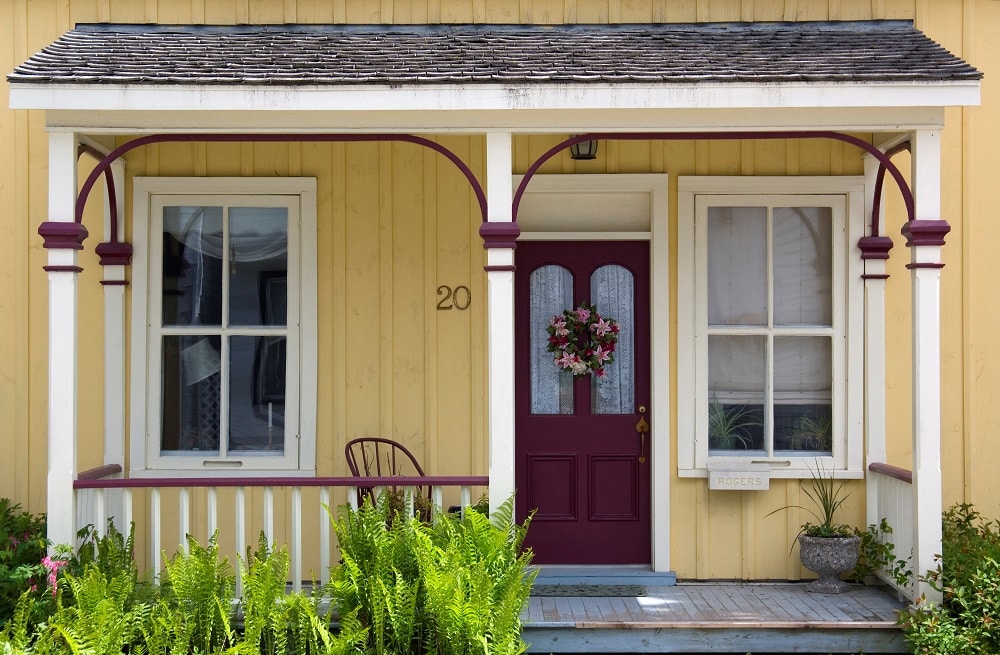
Are There Benefits to Purchasing A Fixer-Upper?
If you decide to invest your money in a fixer-upper, you should know that there are pros and cons of buying a fixer-upper, but often more positive aspects than negative. For example, you will be able to obtain a home that will likely cost you half the cost of a brand-new home, and that does not need repairs. Second, you always have the option of flipping the house for a profit. The current real estate projections clearly show that homes are gaining in value at a very rapid pace. Finally, if you do not have a lot of capital to work with, but you can put down a small down payment on your home, buying a fixer-upper will be easier to purchase if you have a limited budget.
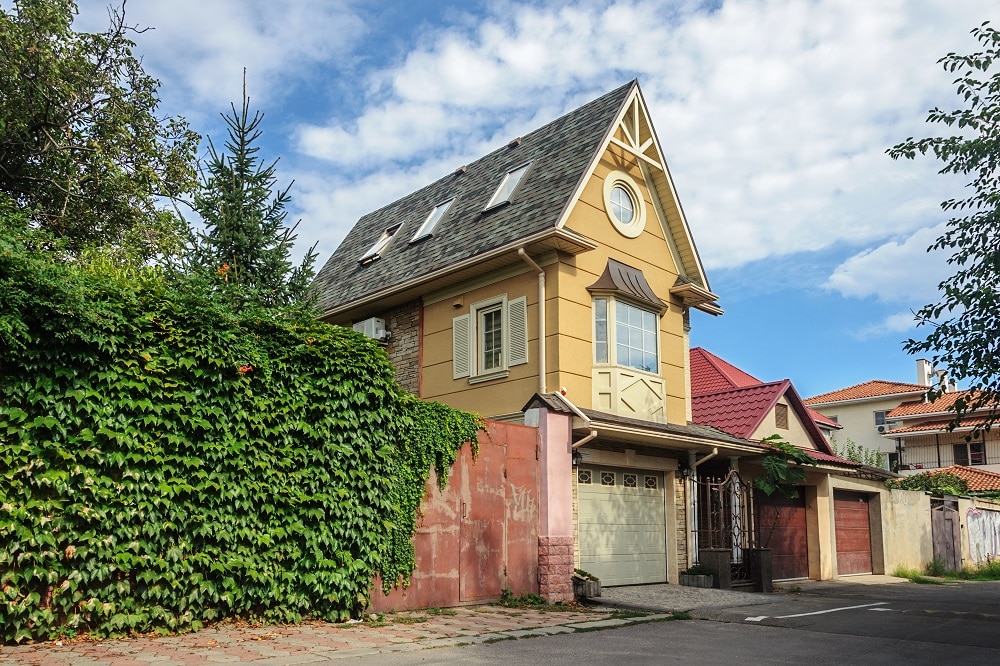
What Are the Negatives Aspects of Buying A Fixer-Upper?
Although there are many positive benefits associated with investing in a fixer-upper, there are a few drawbacks we want to mention as well. To start, you may not be able to move into the home right away due to the number of repairs you may need. Additionally, suppose you do not have a lot of capital or cannot qualify for a home improvement loan. In that case, you may need to consider using a hard money loan or putting off particular renovations. Lastly, if you have a small family, you might not feel confident about moving them into a home that has substantial cosmetic, electrical, and plumbing problems.
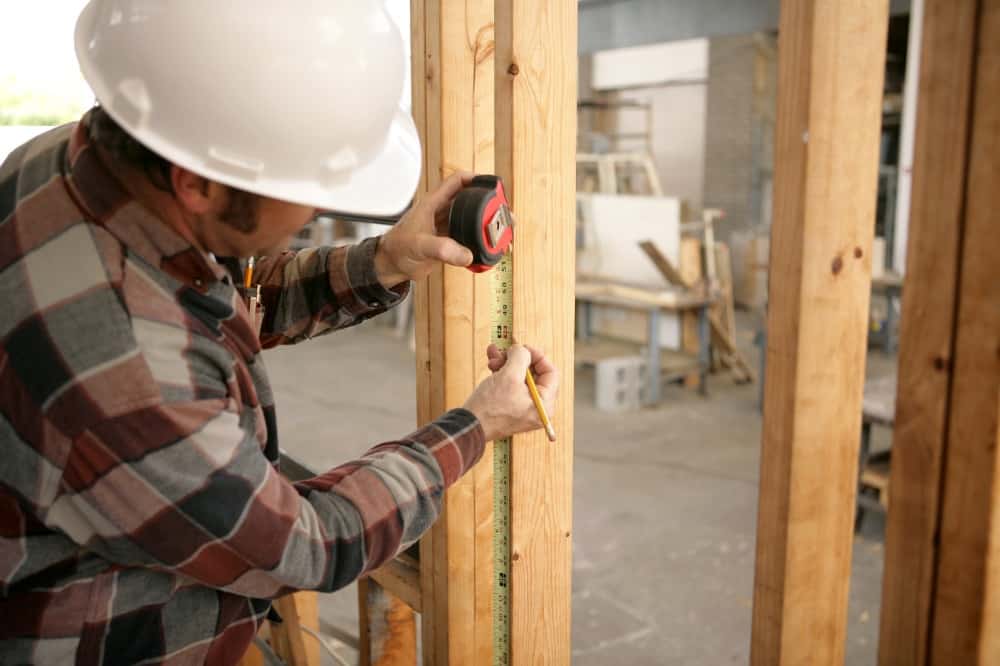
How to Assess A Fixer-Upper Before Purchasing One
Your assessment of a fixer-upper will require you to do quite a bit of research on the house itself. Walking through the property and going directly into the house is a must and will allow you to see what work you have ahead of you. When the homeowner comes with you, you can ask questions regarding problems that may not be readily visible. Going to the house itself will also help you decide whether or not you could see yourself in the home even after renovations are complete.
It is also important to find out if there are any mortgages on the home. These will have to be taken care of before you can get the title or deed to the property. There are some situations where you can assume the loan as your own. But, if not, this could pose a problem when trying to purchase it. Making a list of all the repairs that need to be complete is particularly important, which means you will need a list of potential issues you may have to deal with once you are the owner. By completing this list, you can then begin to itemize how much it will cost you to fix the home you are considering purchasing.
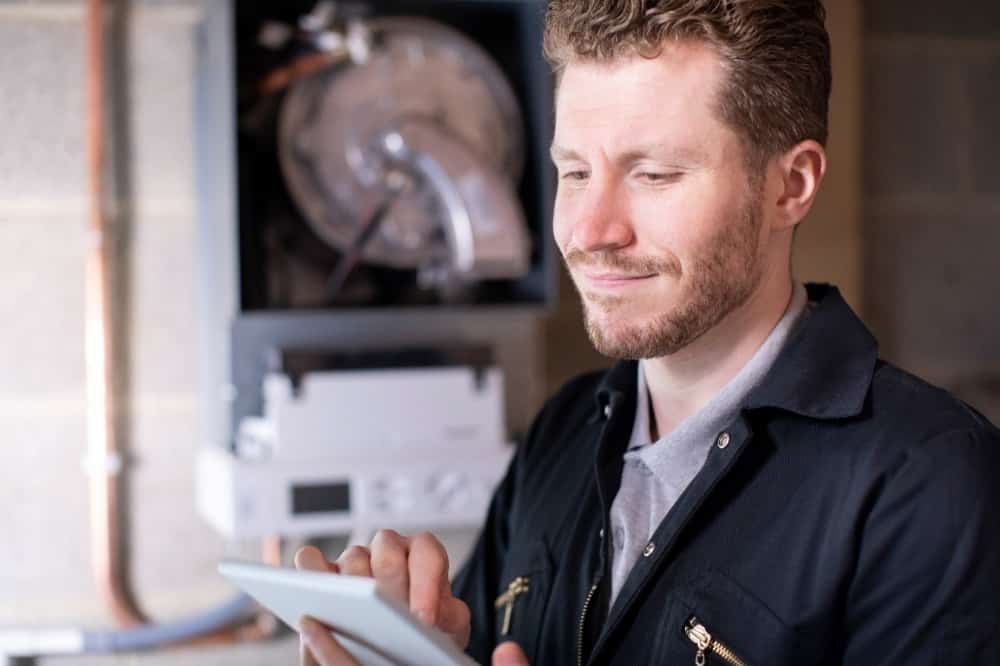
How Do You Purchase A Fixer-Upper?
You can purchase a fixer-upper the same way you would any other home. There will be paperwork assigning ownership to you at the time of escrow. The bank will give funds for the sale of the house to the seller, and all paperwork will be complete before escrow can close. Whether you are working with a real estate agent or a person marketing their home FSBO, you must have all of your documents in order. It is also essential to pre-qualify for financing. Most people cannot simply pay cash for a house they would like to purchase. To pre-qualify, you will need to have certain documents, including pay stubs, proof of employment, tax documents, bank statements, and debt information.
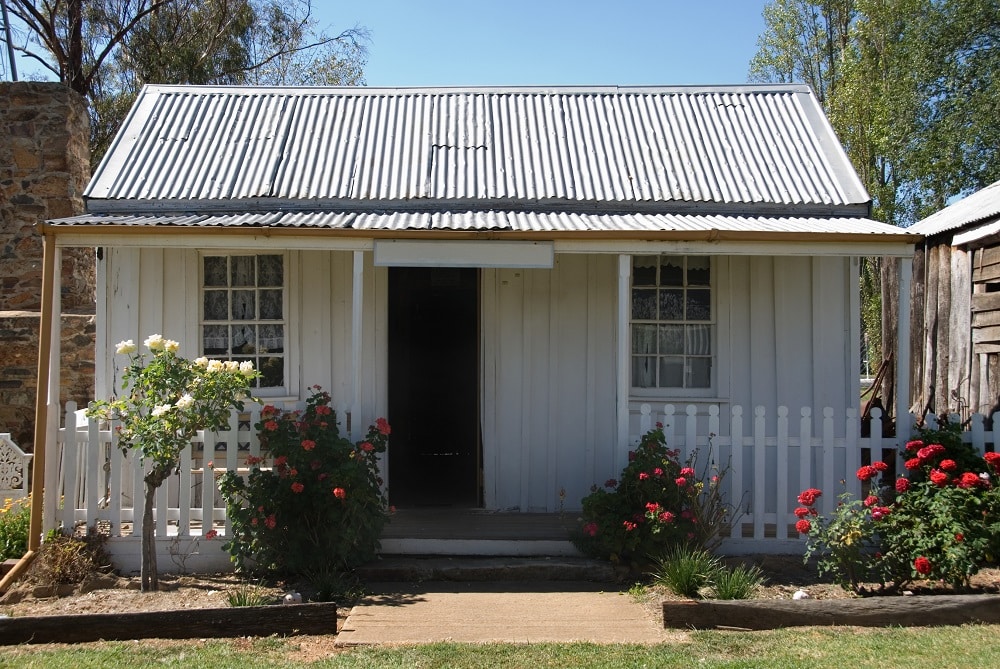
What If You Are Buying a Fixer-Upper as An Investment?
If this is a home that you are purchasing for the sole purpose of flipping it, the research you must do is the same. The only difference is that you may be working with a financier, which could be an individual or company, that will bypass the need to qualify for a traditional bank loan. In most cases, you will just need a real estate assignment contract to assign the deed to another buyer. Remember, it is also vital to get comps on properties in the area that are similar to see how much profit you can make once you decide to sell it.
Whether you are purchasing a fixer-upper with an intent to live there or simply flipping the property for cash, these strategies will help you obtain this type of property. It is essential to thoroughly research, ensuring that the price you pay is a good deal. Flipping a fixer-upper may not even require you to do renovations at all. However, if you are buying this home to fix it up and live in it, always obtain accurate information on what you need to repair and its cost. Using these simple tips, Summit Way Realty hopes to give some insight into buying a fixer-upper in today’s market. If you have any questions or concerns, make sure you contact the real estate experts of Summit Way Realty today!


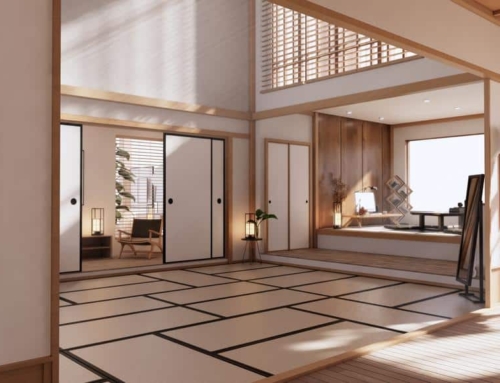
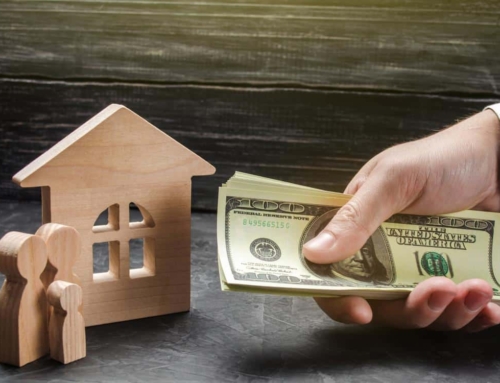
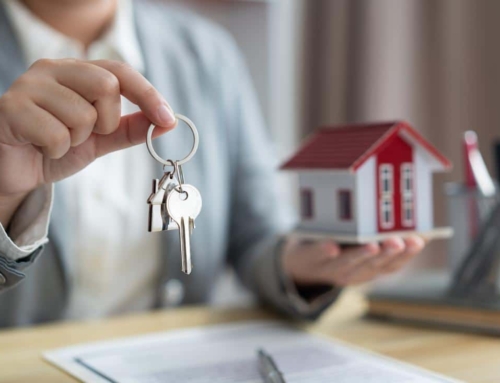
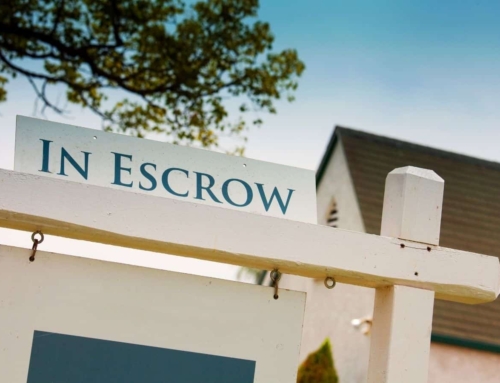


[…] Home/The Pros & Cons Of An HOA For Homebuyers Previous […]